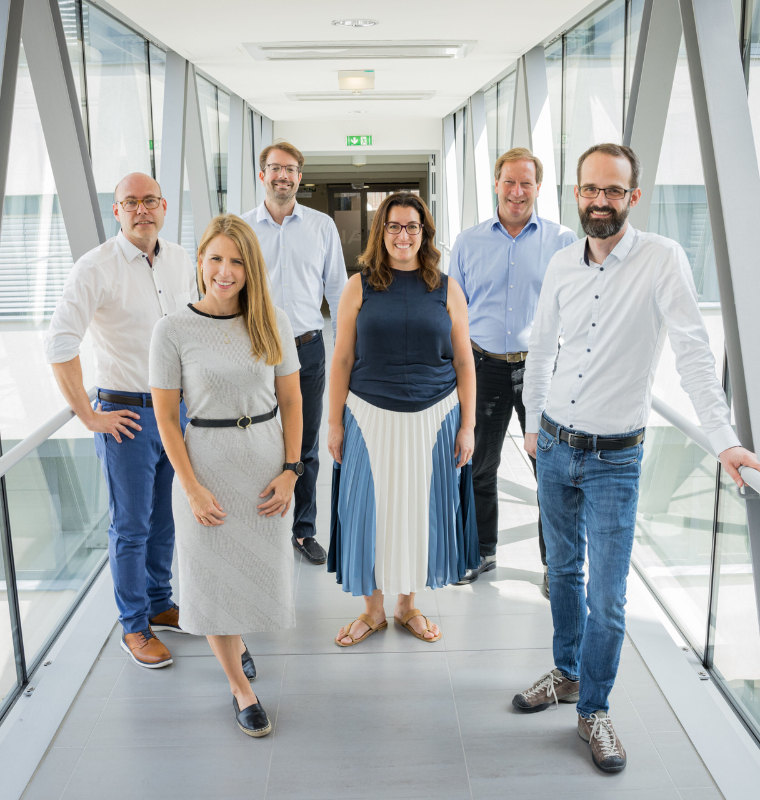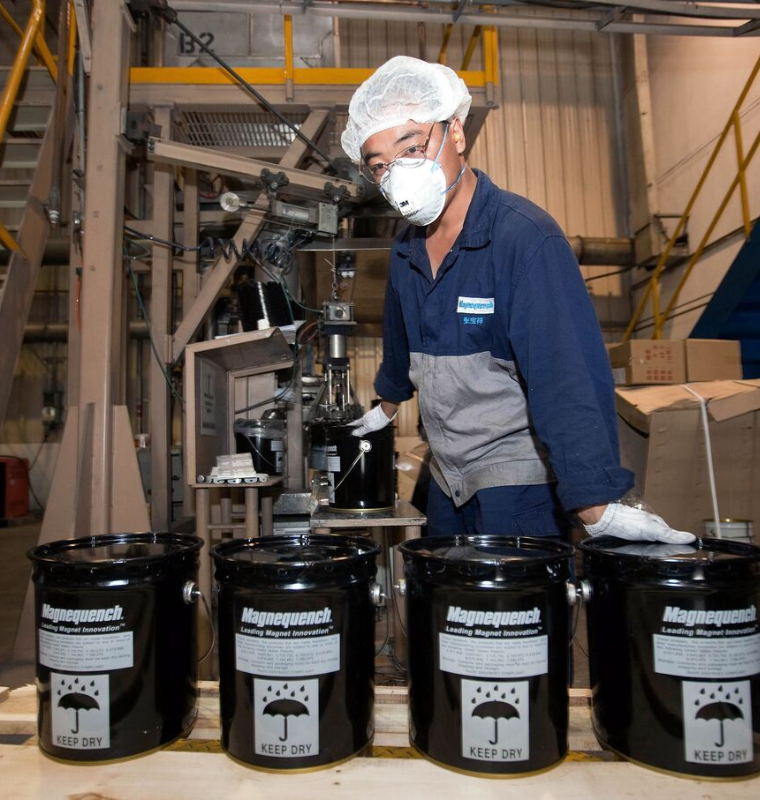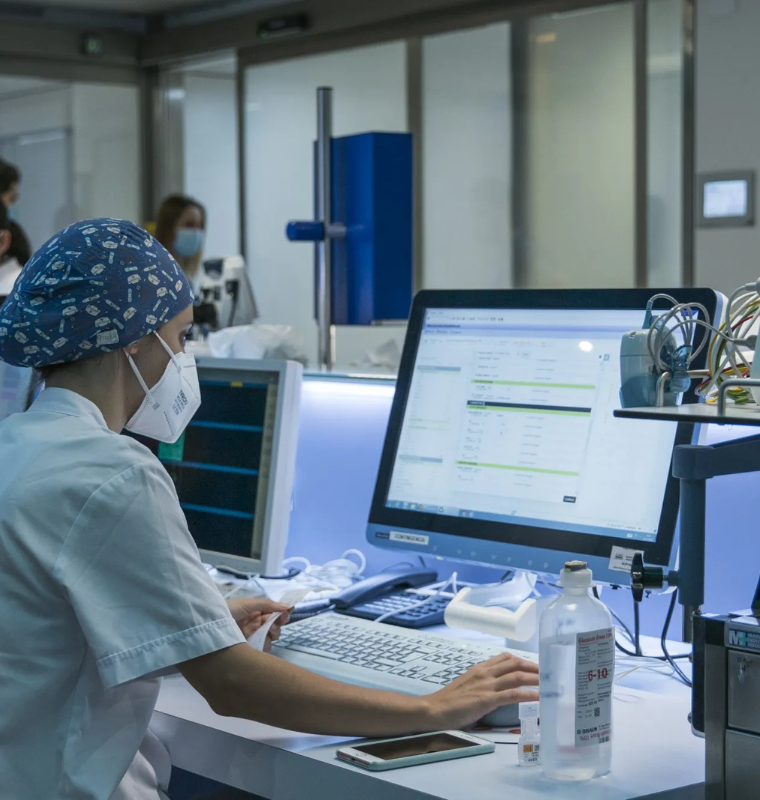Seagate's Ambitious Vision: Triple Hard Drive Capacity by 2030
Seagate's Ambitious Vision: Triple Hard Drive Capacity by 2030
By
Leah Rosenfeld
Last updated:
May 7, 2025
First Published:
August 3, 2025

Seagate Development Group
Seagate Technology, a leader in data storage solutions, is gearing up to revolutionize the hard drive market by tripling storage capacity to a staggering 100 terabytes by 2030. This strategic move comes in response to the surging demand for data storage fueled by artificial intelligence (AI) advancements.
Key Points
- Seagate aims to launch a 100-terabyte hard drive by 2030, tripling its current maximum capacity.
- The largest hard drive currently available from Seagate is the 36-terabyte Exos M, introduced in January.
- AI developments are driving the increased demand for high-capacity data storage.
- Seagate's sustainability initiatives focus on reducing power consumption and enhancing storage density.
Why Triple the Capacity?
As AI technologies evolve, the need for data storage is growing at an unprecedented rate. Foundational models from tech giants like OpenAI, Microsoft, and Google require immense amounts of data to train sophisticated algorithms. BS Teh, Seagate’s chief commercial officer, emphasized that the industry demands larger storage solutions to accommodate this rapid growth.
Teh confidently stated, "There’s definitely strong demand. This is a key enabler for the industry to deliver the storage capacity that the market needs, because no other technology can currently meet the required growth."
Addressing Climate Concerns
With data centers rapidly expanding, the environmental impact of increased energy consumption has become a critical issue. Data centers worldwide consume about 1-2% of global electricity, with AI-based models like ChatGPT requiring substantial power. For instance, one ChatGPT query uses approximately 2.9 watt-hours, significantly more than a typical Google search. If scaled to daily internet search volumes, this could result in nearly 10 terawatt-hours of additional annual electricity consumption.
Seagate is proactively addressing these concerns by designing hard drives with higher density and lower power consumption per terabyte. Moreover, the company is committed to sustainable manufacturing practices, aiming to transition all its factories to renewable energy sources.
Competitive Landscape
Seagate faces competition from solid-state drives (SSDs), known for their speed and efficiency. However, Teh argues that hard disk drives (HDDs) remain more sustainable in terms of embodied carbon. HDDs are better suited for large-scale data storage, where density and cost-effectiveness outweigh the faster access speeds offered by SSDs.
Market Impact and Future Outlook
The AI boom has largely benefited hardware producers like Nvidia, known for GPUs critical to AI model training. However, as foundational models continue to advance, the demand for reliable, high-capacity storage will remain crucial. Microsoft’s projection to spend $80 billion on data centers by 2025 underscores the immense market potential.
Seagate’s strategy to develop 100-terabyte drives aims to capitalize on this growth while addressing sustainability concerns, positioning the company as a key player in the evolving data economy.
Seagate’s vision to triple hard drive capacity by 2030 reflects the broader trend of increasing data storage needs driven by AI innovations. By focusing on sustainability and efficiency, the company aims to secure its leadership in the data storage market while addressing the environmental challenges posed by modern data centers.
Popular articles
Subscribe to unlock premium content
Wings of Wealth

Frozen Luxury in the World’s Last Frontier

The Hidden World of Ultra-Rare Seaweed Farming

Wings of Wealth

Frozen Luxury in the World’s Last Frontier

Wings of Wealth









